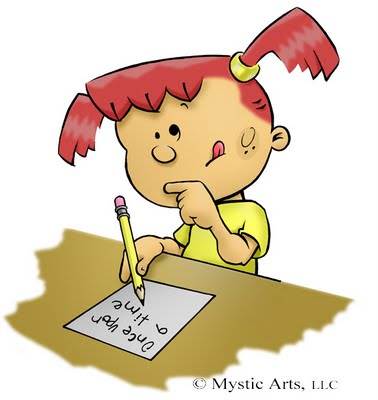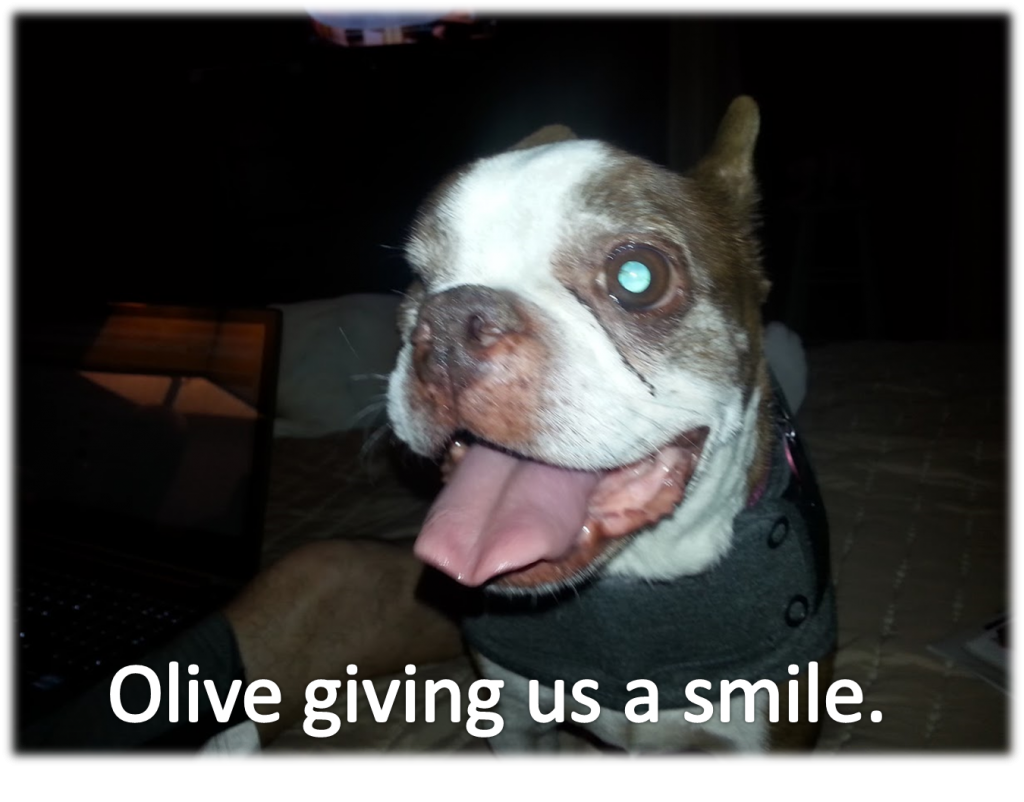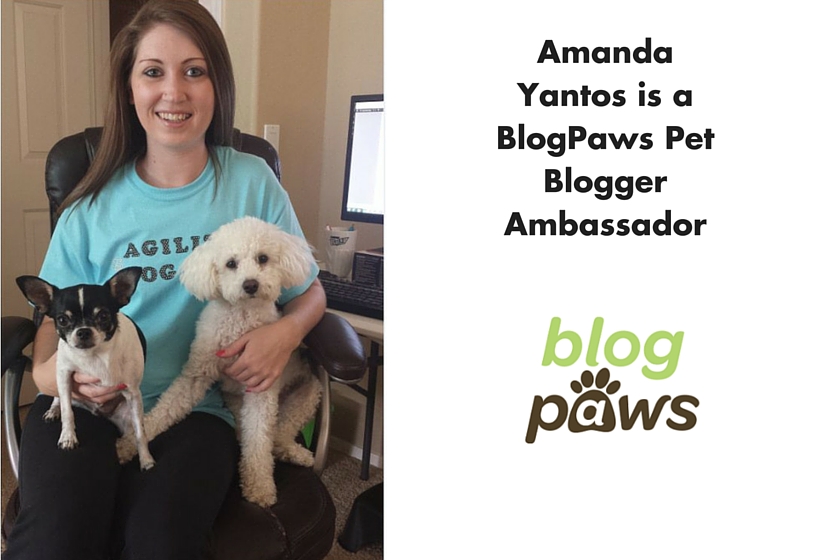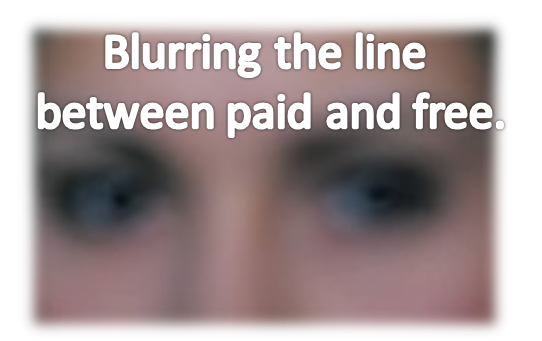The Question is Not Why? The Question is, What?
Post by BlogPaws CEO, Yvonne DiVita
Another rejection letter. As I squinted at it in the bright afternoon sunshine (yes, I tore it open as soon as I saw the return address because I had to read it, right then, right there), I couldn’t help thinking, “WHY? WHYWHYWHYWHY???”
Why was this story rejected, yet again? Why couldn’t any of the editors I sent my writing to see the creativity, the amazing story formed by amazing characters, living out an amazing plot? Why?
This note came with an explanation, “We regret to inform you that your story, Dilemma in the Afternoon, was not accepted for publication. While we receive hundreds of submissions weekly, and cannot respond on each of them, we wanted to let you know we enjoyed this story. It does not fit with our focus this period, but we encourage you to send more of your work. Thank you for thinking of us.”
Wow. They liked it. Not enough to publish it, but enough to give me encouragement. Wow.
My thinking changed as I trudged back to the house. I read the note over again, and again and then I started to think, “What do I have to do to get my next submission accepted?” Indeed, what?
This occurrence is a true story from my distant past; my years as a freelance fiction writer. Back when I submitted dozens of stories to dozens of magazines, and mostly saw them returned, sometimes unopened, in that horrid yellow mailing envelope…a sure sign they’d been summarily rejected. Early on, the stories came back with nothing more than a generic letter of rejection; not appropriate not relevant; not a good fit. Even though I’d researched and read through many copies of the magazine, to make sure the story was appropriate, relevant and should be a good fit.
Each time I received those generic notes a little part of me died inside. I had put my heart and soul into each story and I knew each story had merit. During those dark days, I did lament a great deal. To myself, mostly.
This kind of note was fairly new – this rejection letter with a note of encouragement. I admit it made me smile a little.
“Now,” I said out loud, once I’d gone back into the house, “I need to figure out what I can do to be accepted next time.”
There was never any doubt there would be a next time, of course. I have writing in my blood. I will do it until I die.
Have you ever experienced the feelings above? We’re into a new era now, an era of online writing, but it’s as fraught with rejection as much as the offline writing world ever was – maybe more! With an online model, there are so many more places from which to be rejected!
Over the years, I learned the lesson of asking what and not why, the hard way. Oh yes, in those early days I wrote many a scathing letter to an editor who had denied my work. I wanted them to know how hard I’d worked on that story and how appropriate and relevant it was for their publication.
I threw all of those letters away, thankfully. They served their purpose. They allowed me to vent, but the editors never heard a word of it. Not acting on my hurt feelings was a good thing because I did go on to get published in several of those magazines eventually.
With today’s online world of publishing, blogs and other ways to submit content, I think the concept of “what” instead of “why” is even more important. I believe in my title, “The Question is Not Why? The Question is, What?”
When submitting work or writing a pitch, rather than take a rejection personally, look at the work and ask yourself, “What can I do to make this worth being published in <publication of choice>?” And, “What makes <publication of choice> worthwhile to me?” (hint: maybe YOU are wrong and the publication really isn’t for you…)
Back when I was a freelancer, I submitted to publications that I enjoyed reading. I was their target market so I knew what their target market liked. I learned, over time, why that wasn’t enough, however. I also had to understand their editors – really, if you are not able to connect with the editor, your story won’t get published. It has to pass by the particular editor before it can get accepted.
Getting the editor to “like” it isn’t just a matter of pleasing his or her style, tastes and purpose for the publication. It’s also knowing who pays the bills. What advertisers pay to be noticed in said publication? This matters because if you’re writing a scathing expose about one of them, or about their industry, it could both hinder and help your story. A fantastic expose, with a lot of supporting facts and expert input, could be just what the publication wants. Good publications value good reporting. Just know they will check and recheck your sources. A scathing review could also be more detail than the publication is interested in, at that time. If so, you need to move on.
Today, with our online world, writers have a wonderful opportunity to develop a relationship with editors and publishers. Often, the senior team at a publication will share their email right on the site. Often, they encourage contact. Many are open to polite conversation, which helps you, and them, relate on a person-to-person level, as opposed to a writer-editor level, which is fairly impersonal. The more you, as a writer, search out these opportunities and take the time to pursue them, the more you will learn what’s needed, and how to get your voice heard.
My headline still applies today; the question is not “why”, it’s “what”? What can I do to get published in <publication of choice> – for which the answer might be, write better, have a better story, learn the editorial calendar, make friends with current writers and ask for advice or any number of other things.
Asking why does not help you get published. Asking what compels you to action.
What will you do today to get your work included in your publication of choice?








